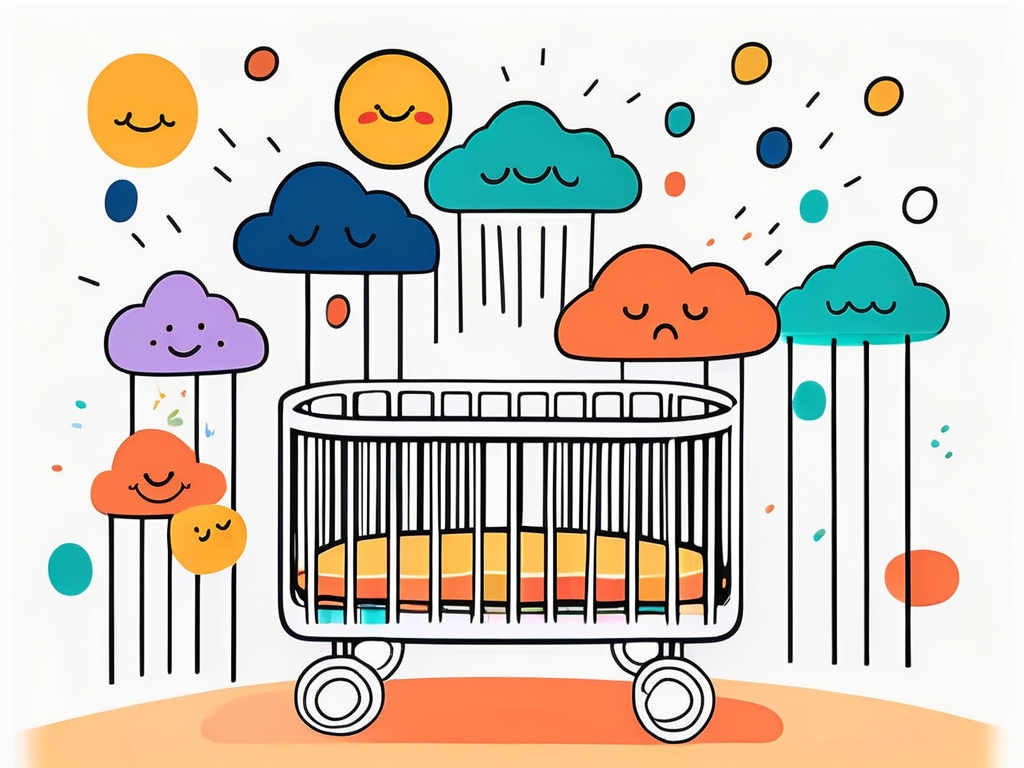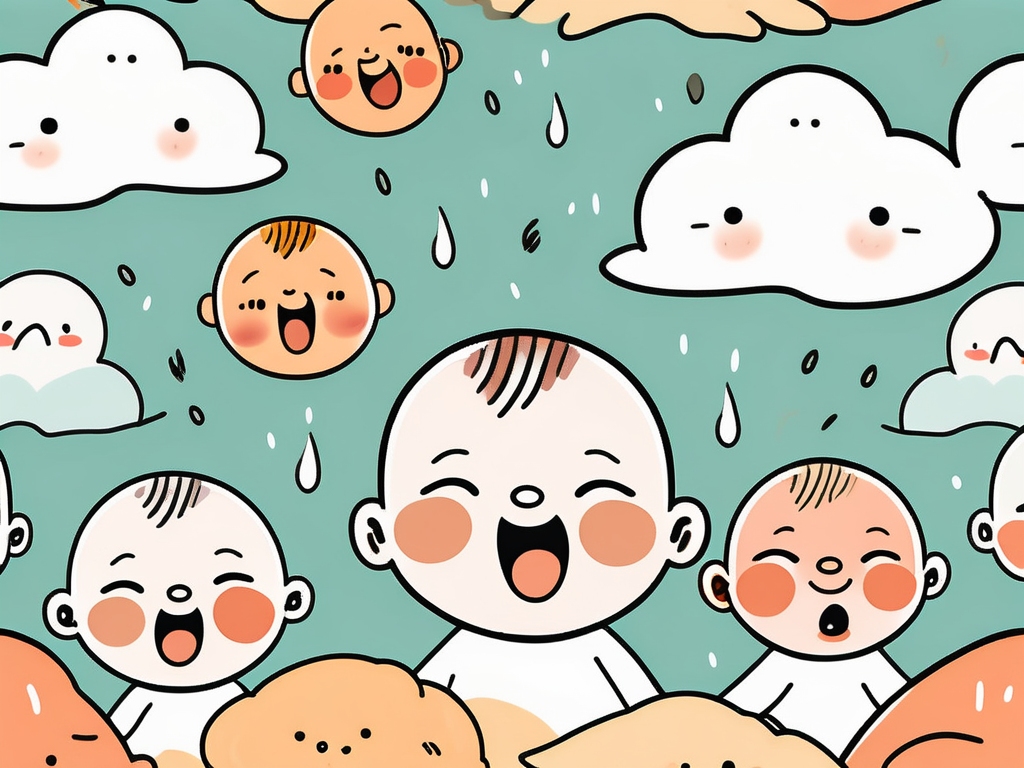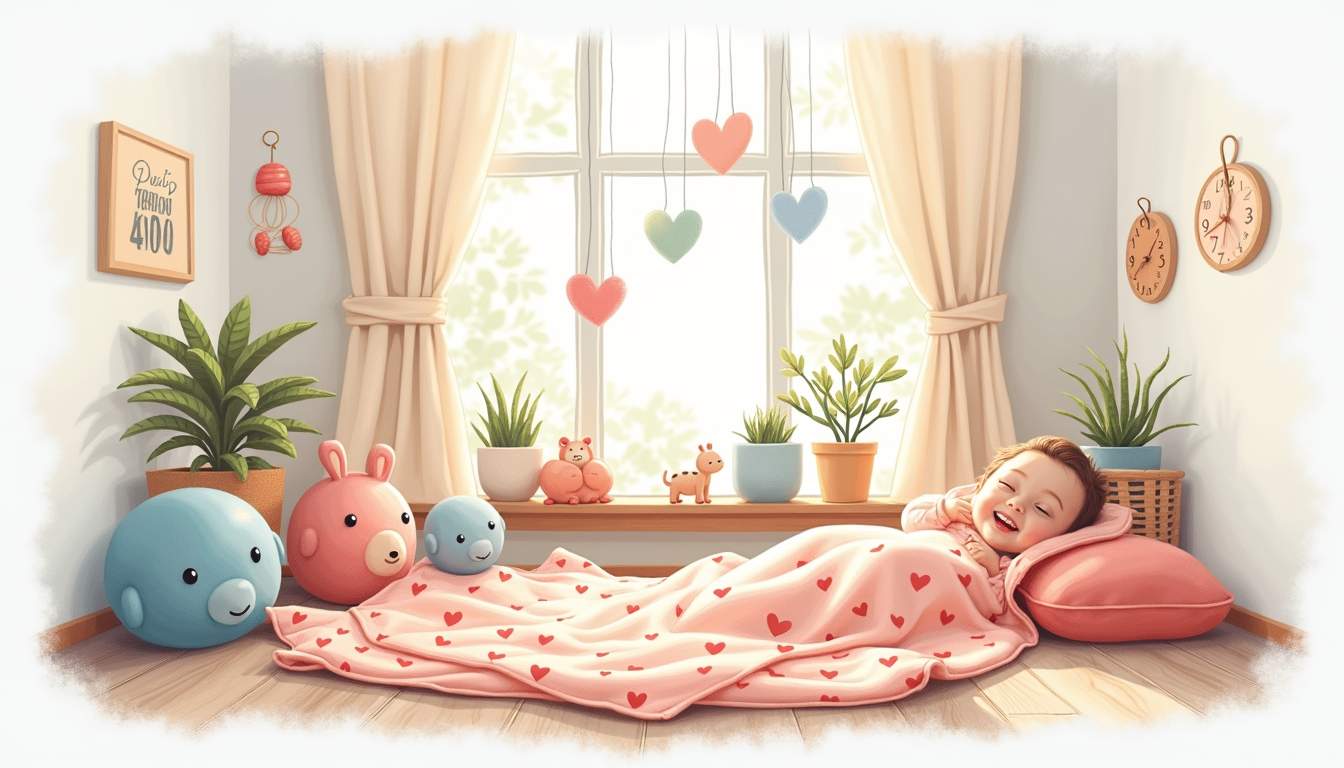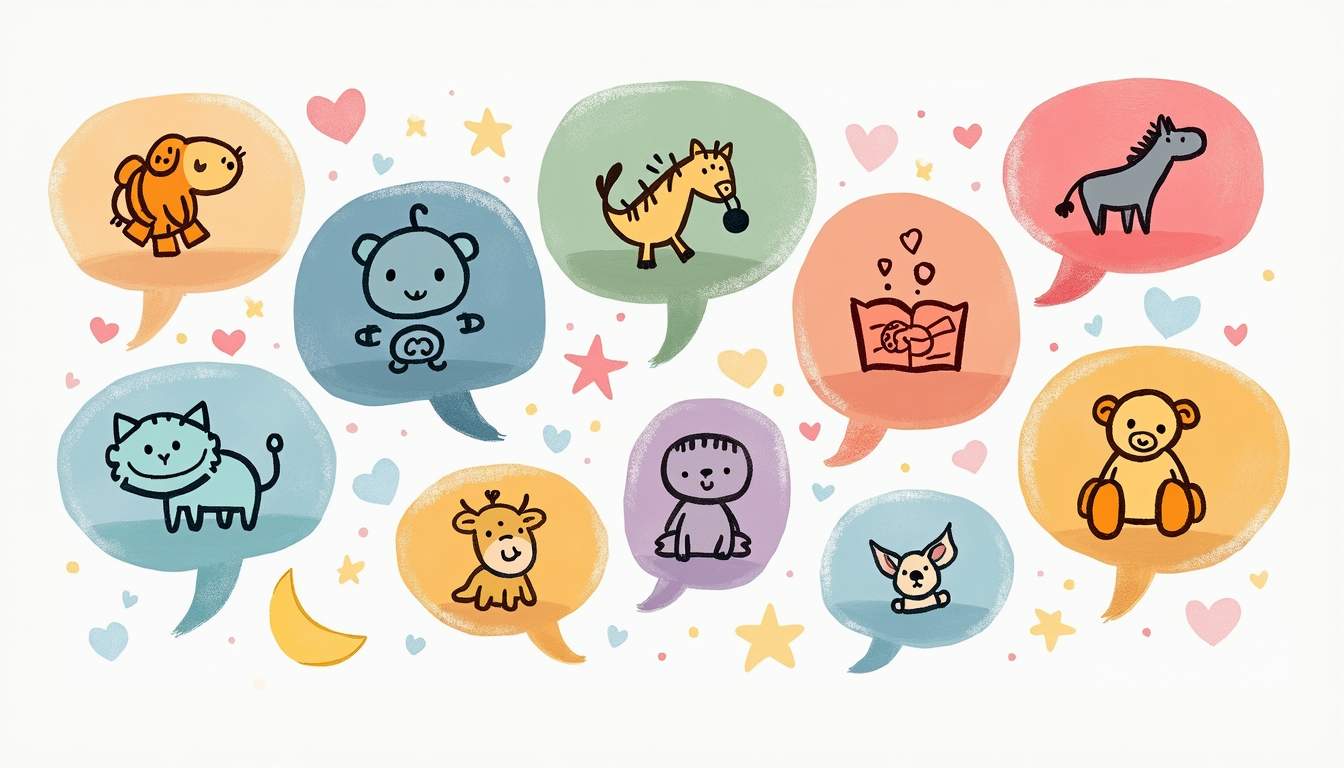Babies are born with a remarkable ability to communicate their needs and desires, but their understanding of emotions is a different story altogether. Emotional development is a complex process that takes time and is influenced by various factors. In this article, we will explore the fascinating journey of a baby’s emotional understanding and how parents can play a significant role in nurturing this development.
Understanding Baby’s Emotional Development
Emotional development in babies is a complex and fascinating process that unfolds gradually over time. From the moment they are born, infants are already equipped with the ability to express and perceive emotions. At a very early stage, babies start showing signs of emotional recognition by responding to familiar faces and voices with smiles, coos, and gurgles. These early interactions are crucial as they lay the foundation for the development of emotional bonds and attachment with their caregivers.

As babies continue to grow and explore the world around them, their emotional understanding deepens. In the first year of life, they reach significant milestones in this area. Around three to four months old, babies begin to display social smiles, a clear indication of their recognition of positive emotions such as happiness and joy. They become more attuned to their surroundings and start showing cues of distress or discomfort when they experience negative emotions like anger or frustration.
Furthermore, as babies approach their first birthday, they start to exhibit more complex emotional responses. They may show signs of separation anxiety when apart from their primary caregivers, demonstrating their growing attachment and emotional dependence. This period also marks the emergence of early forms of empathy, as babies may display signs of distress when witnessing others in pain or discomfort. These emotional developments pave the way for the intricate web of social interactions and relationships that will shape their future emotional intelligence.
The Role of Parents in Emotional Development
Parents play a crucial role in shaping their baby’s emotional understanding. Infants are highly sensitive to the emotions of their caregivers. They can pick up on subtle cues like facial expressions, tone of voice, and body language. These cues provide valuable information about their environment and help babies learn to understand and respond to different emotions.
Research suggests that parental emotions have a significant impact on babies’ emotional development. When parents respond sensitively and consistently to their baby’s emotional cues, it promotes a secure attachment and fosters emotional regulation. On the other hand, if parents are often stressed or display negative emotions, it can affect the baby’s emotional well-being and lead to difficulties in emotional understanding.
Encouraging emotional understanding in babies requires creating a nurturing environment. Parents can engage in activities such as singing, talking, and playing to promote emotional interactions. Reading books with expressive characters, using puppets, and engaging in imaginative play can also aid in the development of emotional recognition and empathy.
Furthermore, studies have shown that parental involvement in a child’s emotional development extends beyond infancy. As children grow, parents continue to play a crucial role in helping them navigate complex emotions and social interactions. By modeling healthy emotional expression and providing a safe space for children to express their feelings, parents can support their children in developing strong emotional intelligence.
It is essential for parents to be mindful of their own emotional well-being as well. Research indicates that parents who prioritize self-care and manage their stress levels effectively are better equipped to support their children’s emotional development. Engaging in activities that promote relaxation and emotional balance, such as mindfulness practices or seeking support from a therapist, can positively impact both parental and child emotional well-being.
Different Emotions Babies Understand at Various Stages
As babies progress in their emotional development, they gain a better understanding of different emotions. Recognizing happiness and joy is one of the earliest emotional milestones. Babies become more responsive to upbeat or playful stimuli, and their smiles become broader and more frequent.
Anger and frustration are common emotions that babies start to comprehend as they grow. They may express their frustration by crying, kicking, or hitting objects. It is important for parents to acknowledge and validate these emotions, helping babies learn healthy ways to cope with their frustrations.
Sadness and fear are also emotions that babies begin to sense. They may show distress or startle in response to loud noises or unknown faces. Parents can provide comfort and reassurance during these situations, offering a secure base from which babies can explore their world.
As babies continue to develop emotionally, they also begin to understand emotions like surprise and disgust. Surprises can elicit wide-eyed expressions and sudden movements, showcasing their growing cognitive abilities. Disgust may be displayed through facial expressions like wrinkling the nose or pushing away unfamiliar foods, indicating a basic understanding of preferences.
Additionally, as babies approach their toddler years, they start grasping the concept of empathy. They may show signs of empathy by comforting a crying friend or offering a toy to someone in need. This early display of empathy lays the foundation for developing strong social connections and emotional intelligence in the future.
The Science Behind Babies’ Emotional Understanding
The development of emotional understanding in babies is a fascinating process that is intricately linked to the maturation of their brain. As babies grow and experience the world around them, the brain areas responsible for emotional processing and regulation undergo significant growth and form crucial connections during the first year of life. This intricate development allows babies to become more adept at recognizing and responding to various emotions displayed by themselves and others.

One of the captivating aspects of studying babies’ emotional understanding is exploring the various theories that seek to explain this complex phenomenon. Among these theories, the “theory of mind” stands out as a prominent explanation for how infants develop emotional intelligence. According to this theory, babies gradually acquire the ability to understand that others have distinct mental states and feelings, paving the way for the development of empathy and sophisticated social interactions.
Delving deeper into the neural mechanisms behind babies’ emotional understanding, researchers have found that the prefrontal cortex, a region of the brain associated with higher cognitive functions, plays a crucial role in processing and regulating emotions. This area undergoes rapid development during infancy, contributing to the enhanced emotional capabilities observed in babies as they grow and learn to navigate the complex world of emotions.
Impact of Early Emotional Understanding on Future Development
A strong foundation in emotional understanding sets the stage for healthy social and emotional development later in life. Babies who develop early emotional recognition skills are more likely to develop positive social relationships and have better emotional regulation abilities.
Emotional understanding is closely linked to the development of social skills. Babies who can read and respond to emotional cues of others are more likely to engage in positive social interactions. They are better equipped to understand and navigate social situations, fostering smoother peer relationships as they grow older.
Cognitive development is also influenced by emotional understanding. Babies who can recognize and label different emotions develop stronger cognitive skills, such as problem-solving and decision-making abilities.
Furthermore, research has shown that early emotional understanding can have long-lasting effects on an individual’s mental health. Children who have a solid grasp of their own emotions and those of others are less likely to experience anxiety and depression later in life. This emotional intelligence serves as a protective factor against mental health challenges, providing a buffer during times of stress or adversity.
In addition to its impact on social and cognitive development, early emotional understanding plays a crucial role in forming secure attachments with caregivers. Babies who can express and interpret emotions effectively are more likely to develop secure attachments, which serve as the foundation for healthy relationships throughout their lives. These secure attachments provide a sense of safety and trust, shaping the way individuals approach relationships and intimacy in the future.
In conclusion
Emotional understanding in babies is a fascinating journey that begins at an early age and continues to develop throughout their early years. Parents play a vital role in fostering this development, creating a nurturing environment that allows babies to explore and understand their emotions. By supporting their emotional understanding, parents can lay a strong foundation for their baby’s future social and emotional well-being.












